Swimming classes designed specially for babies, often known as parent-infant or parent-toddler swimming classes, are a unique way to introduce your little one to the aquatic environment. These classes are typically suitable for babies aged between six months to three years and involve a parent or caregiver accompanying the baby in the water.
The primary goal of these classes is not to teach babies to swim outright but to familiarize them with water and instill crucial water safety skills. These classes are led by professional swim instructors who guide parents on how to support their babies in the water and teach them to respond to visual and verbal cues.
Benefits of swimming lessons for Babies
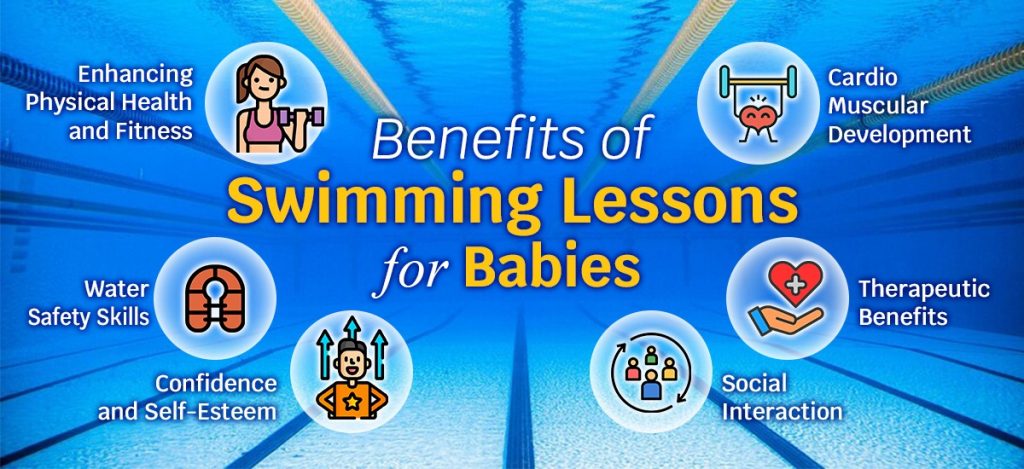
-
Enhancing Physical Health and Fitness
Swimming lessons for babies offer a unique opportunity to enhance their physical health and fitness. The water’s buoyancy provides a safe environment for babies to develop motor skills. As they splash and kick, they engage all major muscle groups, promoting muscle development and cardiovascular health. This early introduction to physical activity sets a foundation for lifelong fitness.
-
Water Safety Skills
Water safety skills are crucial for babies. Swimming lessons introduce babies to water in a controlled environment, teaching them essential skills like floating and responding to verbal cues. These lessons instil a sense of respect and caution for water from a young age, laying the groundwork for safe swimming practices as they grow older.
-
Confidence and Self-Esteem
Learning to swim can significantly boost your baby’s confidence and self-esteem. As they master new skills and swimming techniques, they’ll gain a sense of achievement. This can also promote independence and resilience, key traits that will benefit them in all areas of life.
-
Social Interaction
Swimming classes provide a great opportunity for social interaction. Your baby will meet other babies from different walks of life, fostering a sense of community and camaraderie. These early social experiences can enhance their communication skills and emotional intelligence.
-
Therapeutic Benefits
Swimming is not just physically beneficial; it’s also great for mental health. The buoyancy of water has a calming effect that can reduce stress and anxiety. It’s also been shown to improve mood and sleep quality. For babies, the soothing effect of water can promote relaxation and improve their overall well-being.
. Cardio-Muscular Development
Swimming is particularly beneficial for cardio-muscular development. The resistance of the water makes your baby’s little muscles work harder, promoting muscle strength and endurance. It also enhances their cardiovascular system, improving heart and lung function. This early introduction to a heart-healthy activity can set your baby on a path of lifelong fitness.
Choosing the Right Swimming Classes for Your Baby
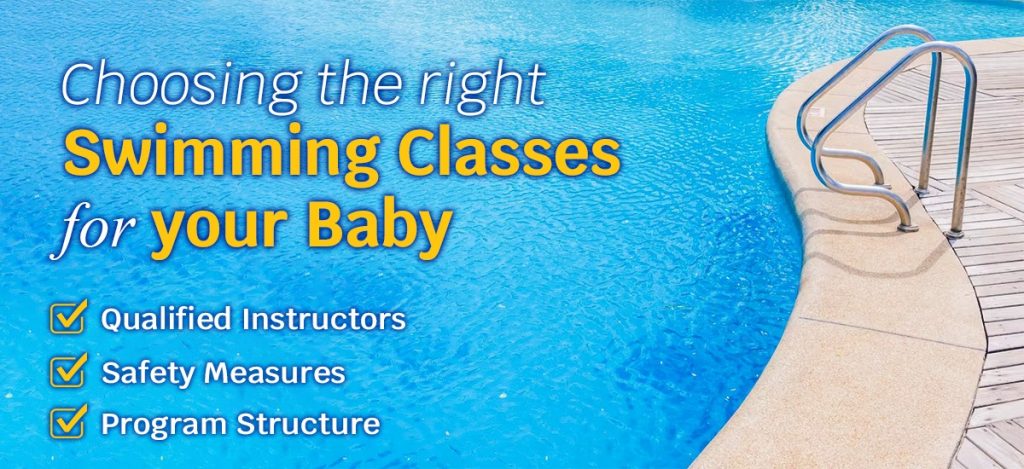
When choosing swimming classes for kids, consider the following factors:
- Qualified Instructors: The quality of instruction you receive in your swimming classes is crucial. Qualified and experienced instructors will ensure that your baby learns the correct swimming techniques and progresses at a suitable pace. Qualified instructors play a pivotal role in baby swimming classes. These professionals are trained to understand the unique needs of babies in the water. They guide parents on how to hold their babies in the water and teach them to respond to visual and verbal cues. Their expertise ensures that your baby’s introduction to water is safe, enjoyable, and beneficial.
- Safety Measures: Safety is paramount in swimming classes. The swimming pool should have stringent safety measures in place, including lifeguards, first aid facilities, and proper equipment. Lifeguards should be present during all classes, ready to respond to any emergencies. First aid facilities should be easily accessible, and instructors should be trained in first aid and CPR. The use of proper equipment, like flotation devices for beginners, can also enhance safety.
- Program Structure: A well-structured program is essential for effective learning. Look for a program that offers a structured curriculum with clear progression levels. This allows you to track your baby’s progress, understand what they need to work on, and set achievable goals. A structured program will have a balanced focus on different aspects of swimming, including swimming techniques, strength, endurance, and safety.
The Importance of Private Swimming Classes
Private swimming classes offer a unique and highly beneficial learning environment for babies. Unlike group classes, private lessons provide one-on-one attention from a professional swim instructor. This personalized approach allows the instructor to focus solely on your baby’s developmental milestones, tailoring the lessons to their specific needs and pace.
In private swimming classes, the instructor can pay close attention to your baby’s comfort level, reactions, and progress. They can adjust the pace of the lessons, slow down if your baby needs more time to get comfortable or introduce new skills when your baby is ready. This personalised attention can make the learning process more effective and enjoyable for your baby.
Moreover, private swimming classes for babies are often structured around play-based learning. This means that the instructor uses games and fun activities to teach your baby how to swim and be safe around water. This playful approach can make swimming lessons more engaging and enjoyable for your baby, helping them learn important skills in a relaxed and enjoyable environment.
Additionally, private swimming classes can be scheduled at a time that suits your baby’s routine. This flexibility can make it easier for you to incorporate swimming lessons into your baby’s schedule, ensuring consistency and regular practice, which are key for effective learning.
Conclusion
Swimming classes for babies offer numerous benefits, from physical health and safety skills to confidence and social interaction. Choosing the right class and instructor can significantly enhance your baby’s learning experience and progress.
Private classes, in particular, offer unique advantages, providing personalised, one-on-one instruction tailored to your baby’s needs. Moreover, swimming is a great cardiovascular exercise that can help improve your baby’s strength, endurance, and overall physical fitness.
So, consider enrolling your baby in a swimming class – it could be one of the best decisions you make for their health and development.
FAQs:
1. What is the best age to start baby swimming lessons?
The best age to start baby swimming lessons is typically around 6 months old, but it’s always best to consult with your paediatrician first.
2. What does a 2-year-old need for swimming?
A 2-year-old needs a properly fitted swim diaper, a comfortable swimsuit, and a life vest or floaties for safety during swimming.
3. How do I teach my 2-year-old to swim?
Teaching a 2-year-old to swim involves making them comfortable in the water, teaching them to kick and paddle, and introducing basic safety skills like floating and treading water.
4. Is it good for babies to swim?
Yes, it’s good for babies to swim. It promotes physical fitness, enhances coordination, and instils water safety skills from a young age.
If you’re considering swimming lessons for beginners as your baby and are looking for professional swim instructors, Pursueit is the platform for you. We connect you with certified and experienced instructors who can cater to your specific needs and goals.
With a variety of swimming lessons to choose from and a seamless booking process, you can easily find and book the perfect class for your baby.
So, if you’re ready to introduce your baby to the wonderful world of swimming, visit Pursueit today!
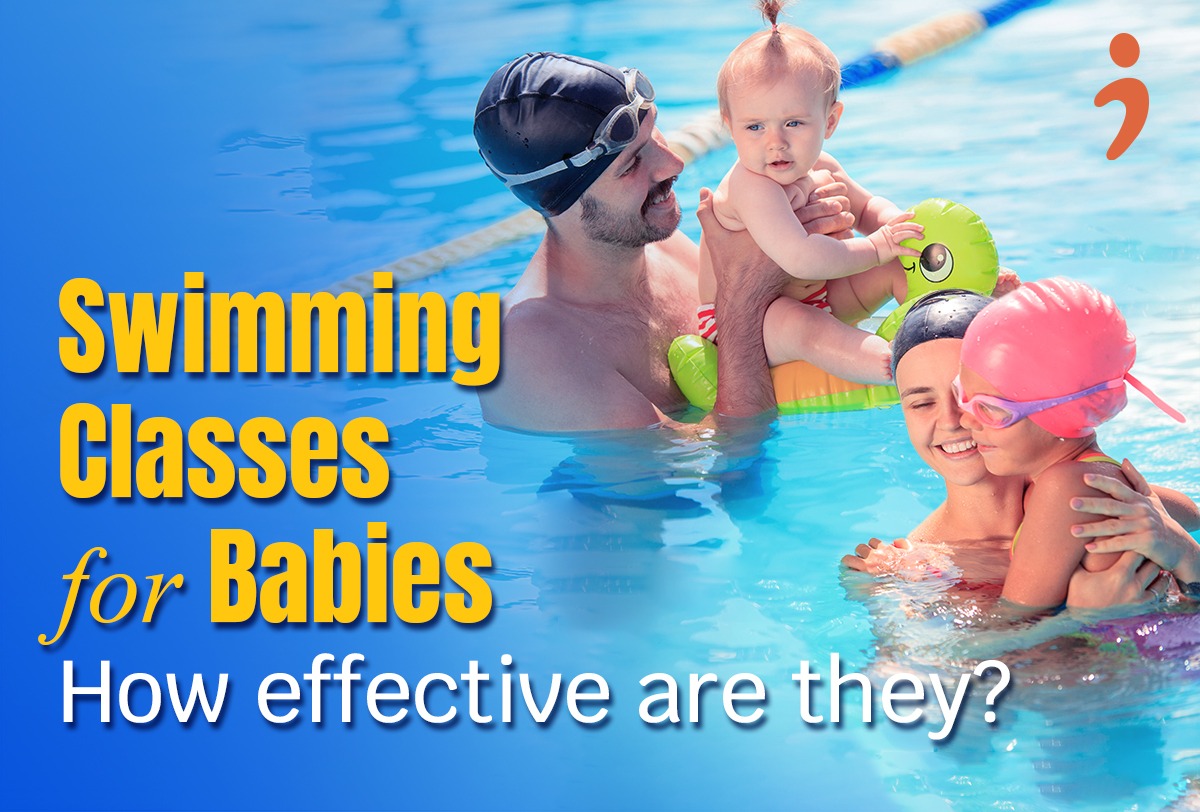
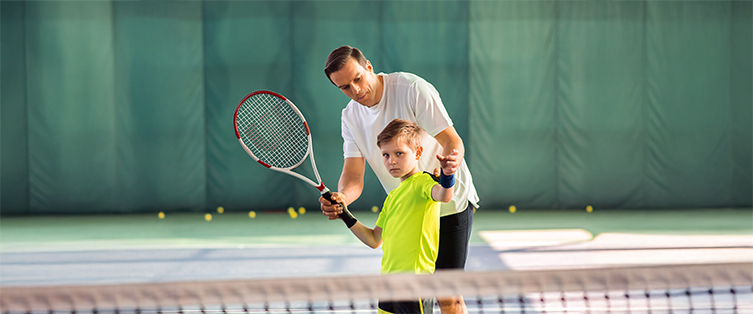
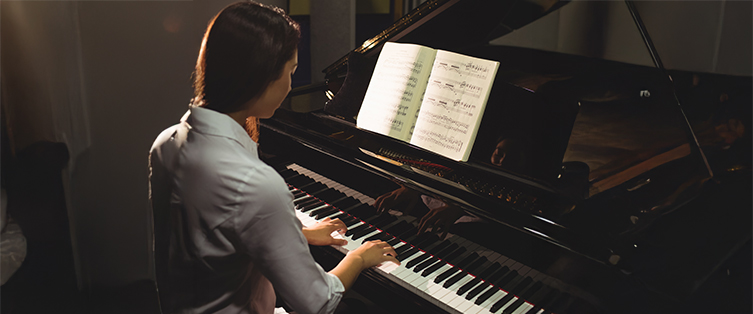
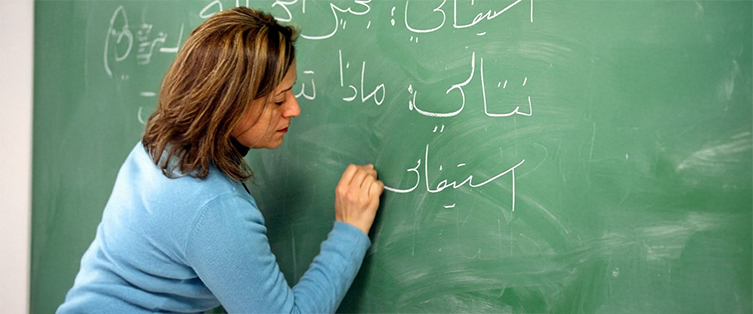
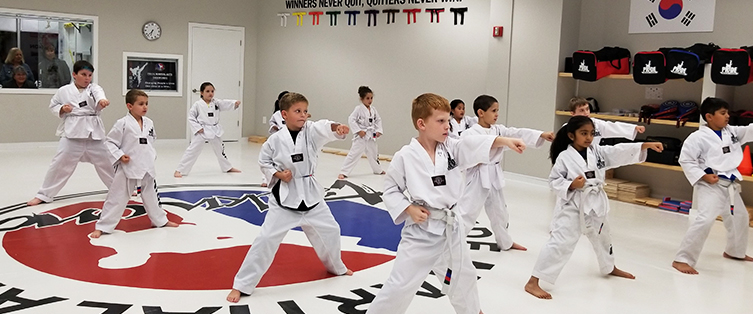
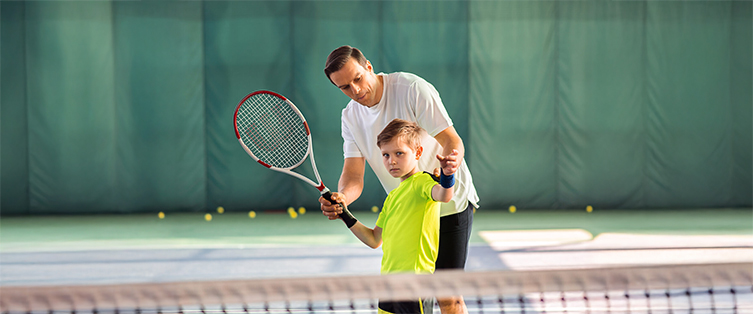
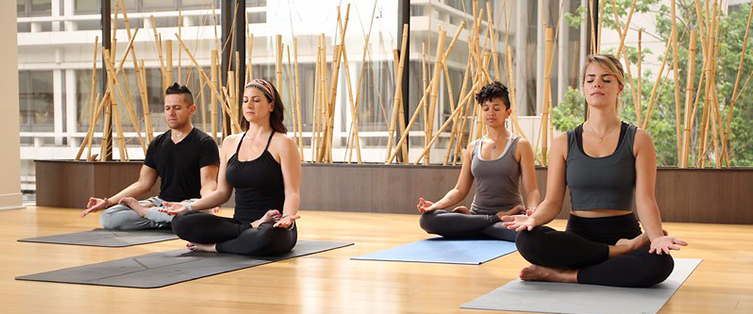
Leave a Reply